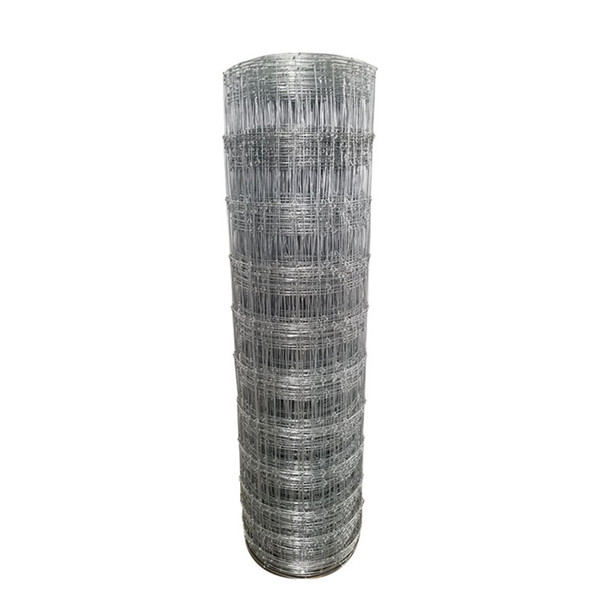
Nov . 06, 2024 21:37 Back to list
does galvanized chicken wire rust
Does Galvanized Chicken Wire Rust?
When it comes to poultry farming or backyard gardening, chicken wire is an essential material that many rely on for fencing, enclosures, and various protective measures. One of the most common types of chicken wire is galvanized chicken wire, which has undergone a protective coating process to resist corrosion and rust. This article explores whether galvanized chicken wire rusts and under what conditions it might do so.
Understanding Galvanization
Galvanization is the process of applying a layer of zinc to steel or iron to prevent rusting. Zinc acts as a sacrificial anode; even if the surface gets scratched or damaged, the zinc coating will corrode before the underlying metal, providing an extra layer of protection. Most galvanized chicken wire is produced using either hot-dip galvanization or electro-galvanization. Hot-dip galvanization involves dipping the metal in molten zinc, resulting in a thicker coating that offers superior rust resistance compared to electro-galvanization.
Factors Affecting Rusting
While galvanized chicken wire is designed to resist rusting, several factors can influence its durability and lifespan
1. Environmental Conditions Environments that are excessively humid or saline, such as coastal areas, can accelerate the rusting process. Salt in the air can corrode the zinc coating, exposing the underlying metal.
2. Damage and Wear If the galvanized wire gets scratched or bent, the protective zinc layer may be compromised. Once exposed, the bare steel underneath is susceptible to rust, particularly if it comes into contact with moisture.
3. Quality of Galvanization The thickness and uniformity of the zinc coating are crucial. Inferior quality galvanization may not provide adequate protection, making the wire more prone to rusting.
does galvanized chicken wire rust

4. Time and Exposure Over time, even well-galvanized chicken wire can start to rust, especially if it's subjected to wear and tear. UV exposure can also degrade the zinc coating over extended periods, although this is generally less of a concern compared to moisture.
Maintenance Tips
To prolong the lifespan of your galvanized chicken wire and minimize the risk of rusting, consider the following maintenance tips
- Regular Inspections Check for any signs of damage, such as scratches or tears, and repair them promptly to protect the underlying metal.
- Cleaning Keep the wire clean and free from debris that can hold moisture, as this can promote rust formation.
- Location If possible, position your chicken wire in a location that minimizes exposure to saltwater or moisture-laden air.
- Additional Coatings In cases of extreme exposure conditions, consider applying a protective coating or paint designed for metal to provide an additional layer of protection.
Conclusion
In conclusion, while galvanized chicken wire is designed to resist rusting, it is not entirely impervious to corrosion. Understanding the factors that contribute to rusting and taking proper maintenance measures can significantly extend the lifespan of your chicken wire. By being proactive, you can ensure that your chicken wire remains functional and effective in protecting your poultry or garden for years to come.
-
Why a Chain Link Fence is the Right Choice
NewsJul.09,2025
-
Upgrade Your Fencing with High-Quality Coated Chicken Wire
NewsJul.09,2025
-
The Power of Fence Post Spikes
NewsJul.09,2025
-
The Best Pet Enclosures for Every Need
NewsJul.09,2025
-
Secure Your Property with Premium Barbed Wire Solutions
NewsJul.09,2025
-
Enhance Your Construction Projects with Quality Gabion Boxes
NewsJul.09,2025
Products categories











